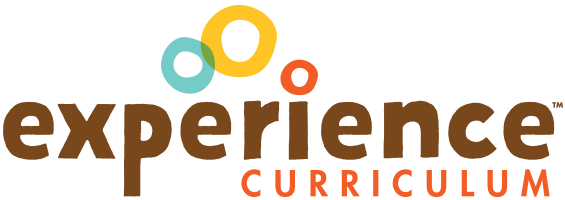What is Self Awareness?
Self-awareness refers to a child’s understanding of who she is, i.e., the qualities that create the unique me. A strong sense of self supports emotional security, which enables a child to fully participate in learning experiences.

Why is Self-Awareness Important?
From birth, babies are exposed to information that can teach them about who they are. By touching their faces and bodies, or by grabbing and kicking at people or objects, they begin to explore the influence that they have on their environments. Somewhere between 15 and 24 months, a child develops self-awareness and gains the ability to reflect on themselves from the perspective of someone else.
One way in which this sense of self develops is through social interaction within loving relationships, specifically “respectful, accepting, and concerned treatment” from parents and carers. When trusted adults observe a child’s preferences and are responsive to what a child communicates, the child learns what makes her unique.
What does Self-Awareness look like?
A child demonstrates self-awareness by understanding that he or she is distinct from others and by expressing needs, wants and preferences. Such demonstrations will look different at each phase of the developmental process:
Infants begin to explore self and others by using their senses, for example, by looking in mirrors and touching an adult’s face.
Toddlers recognize self in photos or in a mirror and start to express likes and dislikes as well as simple ideas about self in relation to others such as family.
Preschoolers express personal preferences by choosing their favorite when given a selection of two or three options. They also describe and compare preferences of self and others.
Primary schoolers begin to negotiate to attain personal preferences in a situation and predict how they and others might feel in a variety of situations. They understand that each person is unique and has his own thoughts, feelings and preferences.

Our integrated curriculum system uniquely weaves 35 research-based skills into playful games and discovery projects. The cross-disciplinary model supports a child’s ongoing social-emotional, physical, language and cognitive development. See what children learn through play and download the Developmental Continuum of Skills.

